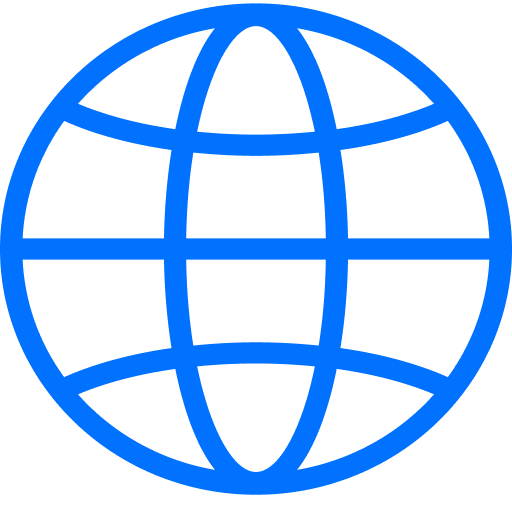Understanding Public Charge
People have heard that the government changed the Public Charge rule. The changes makes people afraid to use public benefits. But the changes do not affect everyone or every immigration application.
The new rule is not just about using public benefits. It makes it harder for some low income immigrants to get a Green card. This article will help you understand:
- What is Public Charge and who is affected by the rule
- Who is not affected by the rule
- How to learn more about your situation
"Public Charge" is a rule to deny some Green card applications, and some applications to enter the U.S. Under the rule, an immigration officer considers the person's:
- health
- age
- income
- education and skills
- family support and sponsor
- use of some kinds of public benefits
The officer weighs all these factors. The officer decides if the person is "likely to become a Public Charge." They consider positive factors, like a job or health insurance. They consider negative factors, like health problems. They can deny the application if they think the person will depend too much on public benefits in the future.
Public benefits are help from the government, for basic needs like:
- healthcare
- housing
- food
- cash
Public benefits can be from the federal, state, or local government. Most immigrants do not qualify for the public benefits that are in the Public Charge rule. To learn more about the public benefits included in the rule, click here.
The Public Charge rule mostly affects people who are:
- applying for a Green card (Permanent Residence) with a family-based petition.
- Permanent Residents who traveled outside the U.S. for more than six months
A slightly different rule applies to some "nonimmigrants" applying to change or extend their status. Example: student visas.
Many People are Not Affected by the Public Charge Rule
The rule does not affect many immigrants or applications. The rule does not affect:
- Citizens
- Permanent Residents (Green card holders) applying for citizenship or card renewals.
- Refugees: people applying for refugee status, and refugees applying for a Green card
- Asylum: people applying for asylum, and asylees applying for a Green card
- TPS: people applying for initial or re-registration of Temporary Protected Status
- DACA: people applying to renew Deferred Action for Childhood Arrivals
- SIJS: people applying for Special Immigrant Juvenile Status or SIJS holders applying for a Green card
- U Visa: people applying for a U visa or U visa holders applying for a Green card
- T Visa: people applying for a T visa; and T visa holders applying for a Green card
- VAWA: people applying for Violence Against Women Act (VAWA) status, and people with VAWA who are applying for a Green card.
- People applying for withholding of removal or Convention Against Torture benefits
- Cubans applying for adjustment of status (Green card) under the Cuban Adjustment Act
- Amerasians who are applying for a Green card
- SIV: Afghan and Iraqi interpreters and translators who are applying for special immigrant visas
- Registry: People applying for registry (lived in the U.S. since before January 1, 1972)
- NACARA: People applying for Nicaraguan Adjustment and Central American Relief Act benefits
- HRIFA: People applying for Haitian Relief and Immigrant Fairness Act (HRIFA) benefits
- Lautenberg parolees applying for a Green card.
- Certain other "humanitarian" immigrants
Source: Catholic Legal Immigration Network, Inc.
The Department of Homeland Security recently announced changes to the Public Charge rule. Unless stopped by the courts, the changes take effect on October 15, 2019.
The changes make it harder for low-income immigrants to get their Green card through a family petition filed after October 14, 2019. The changes include:
- New rules to weigh factors in the Public Charge decision.
- Income is even more important. (income below 125% of the Federal Poverty Level is a strong negative factor and income above 250% is a strong positive factor).
- The longer list of public benefits that affect the application. For the list of public benefits, click here.
- Using benefits on the list for 12 out of 36 months is heavily weighed.
- And other changes.
The chart below explains more about Public Charge.
[MISSING CHART]
The chart shows that the immigration officer will weigh many factors. Immigrants who are worried about the Public Charge rule should talk to a benefits expert or immigration lawyer. The expert or lawyer can help them understand if the Public Charge rule affects their immigration plans. They can look at all the factors to see how each applies. A person can work on improving the factors that will help them pass the Public Charge test.
If you are not sure about your situation, answer a few questions. The questions will help you understand if Public Charge or public benefits affect your immigration plans.
We have created safe and private questions to help you understand if the Public Charge rule affects your immigration plans. We do not ask personal questions. The questionnaire can help you decide what is best for you and your family.
Go to the list of providers on the California state website to find legal help with your benefits.
Enter your zip code, to find legal help for an immigration application or case.


